
Data Science Internships
If you're interested in tech and curious about how data shapes the world around us, a data science internship could be your perfect gateway into one of the UK's fastest-growing industries.
Let's explore everything you need to know about landing your first data science internship.

Can I get an internship in data science?
YES! Internships have so many benefits. You’ll meet great people, learn from professionals in your field and add skills to the bank that’ll set you up for life.
The data science industry is thriving. From fintech giants to emerging start-ups, companies are on the hunt for the future of tech. That could be you!
As a data science intern, you’ll combine advanced analytics and scientific principles to back up your theories. You might think that you need to know everything there is about data science before applying, but what really matters is showing genuine interest and the skills to learn quickly.
The key is showing your potential, not trying to be perfect. Your university projects, that online course you did last summer, or even being part of a tech club all count as real experience.

In Unilever, they treat you like an actual working member of the team, not just an intern. I felt respected here; my work actually mattered. I was assigned several projects that required me to collaborate with a wide range of different people. Junior Data Scientist, Unilever
An internship is a great idea if you’re in your second year and want to squeeze in some work experience before you finish your degree. This puts you ahead of your peers when it comes to applying for graduate jobs.
Not quite there yet? Or unable to fit an internship in your summer break? Insight programmes are perfect if you’re looking for a sneak peek into the data science industry, or to even find out more about a company. They're much shorter in duration: usually lasting 1-4 weeks.
What does a data science intern do?
As a data science intern, you’ll support scientists, computer programmers and research analysts in collecting and reviewing data. You won’t just be behind a desk typing away, you’ll be getting involved in real work from day one. Some of your tasks can include:
Organising data so it's ready to work with
Using statistics to solve business problems
Building charts and graphs
Collaborating with experienced team members on live projects
Sharing what you've discovered in team meetings.
During your first few weeks you’ll find out how everything works, from systems and data to learning industry standards. Most companies pair you with a mentor who’ll guide you throughout your internship. You’ll also work a lot with experienced staff members and other interns.
You’ll also take all that technical knowledge you’ve picked up in your degree and apply that to real life scenarios. Technical skills you’ll develop include:
Python or R: Programming that lets you analyse data and build models. Most UK roles use Python
SQL (structure query language): Helps you pull information from databases
Statistics fundamentals: Understanding concepts like regression, probability distributions, and hypothesis testing
Data visualisation: Creating charts, graphs, and dashboards using tools like Tableau, Power BI, or Python libraries.
Where can I do a data science internship?
Data science skills are valuable everywhere. Unlike some jobs tied to specific industries, you’ll find data science opportunities across every industry you can think of. So whether you want to work at a tech start-up or your fave fashion brand, there’s a lot out there for you. Here are some of the top employers offering data science internships:

During this internship, I have significantly developed my networking skills. Engaging with professionals across different departments, attending meetings, and participating in networking events have helped me improve my ability to connect with others, communicate effectively, and build professional relationships. These experiences have enhanced my confidence in initiating conversations, asking insightful questions, and expanding my professional network, which will be valuable throughout my career. Data Management Intern, Bloomberg
How much does a data science intern earn?
Internships might be short, but you’ll absolutely be paid a salary for the time you’re there. How much depends entirely on the employer, but you could earn anywhere between £20,000 and £35,000 pro rata.
Once you’re fully qualified and on your way to becoming a data science expert, there’s so much potential to earn a lot more. If you’re just starting out, you could earn around £35,000 (this can be a lot more if you're working in London) a year. Once you’ve gained experience, this can rise to between £40,000 and £80,000.
Looking to specialise in AI, NLP or Deep Learning? You could look to earn around £100,000.
What are the entry requirements for data science internships?
Most employers don’t expect you to come as an expert. If you have genuine interest and the potential to work hard, you’re already off to a great start.
To get onto a data science internship, you’ll need to be studying a degree in computer science or similar. This can include maths or economics. You’ll also need to be on course to getting a 2:1 or above.
Coming from a non-tech or maths background? That’s also okay. Having any knowledge of programmes like Python and understanding SQL will be a huge help. Outside of that, employers love soft skills! These include:
Critical thinking
Communication
Attention-to-detail
Teamwork
Problem solving.
How to apply
Employers usually start looking for interns in the autumn (from September to December) ready for summer starts, but there are few that hire all year round.
If you’ve found the internship that fits your vibe, you’ll normally fill in an online application form and attach your CV.
PRO TIP: Always tailor your CV to the job you apply for. Employers can tell if you've recycled an application.
You’ll be asked to take a few online assessments too. These are usually workplace scenarios and reasoning skills. If you impress, you’ll be invited to an assessment day where you’ll take part in a few more assessments, group tasks and a final interview. Every assessment centre is different, but the employer will always let you know beforehand what to expect on the day.
Ready to get started? Check out all our application advice, where you’ll find everything from crafting a CV to acing your assessment centre and interviews.
READ APPLICATION TIPS
















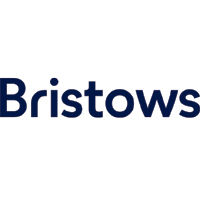

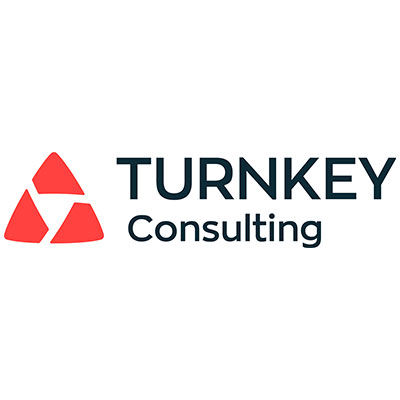
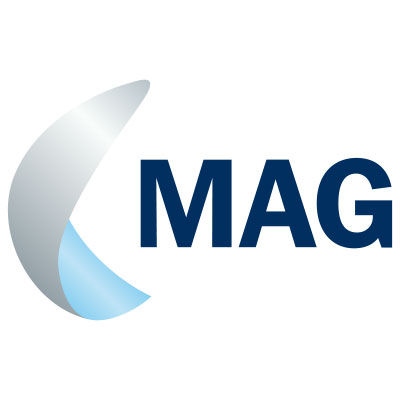
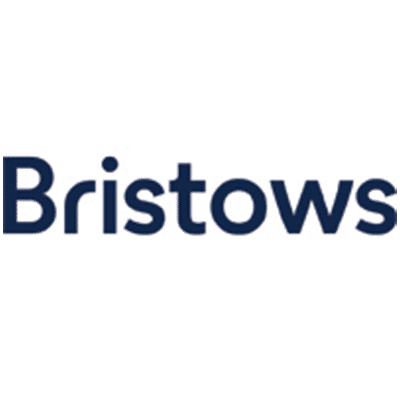

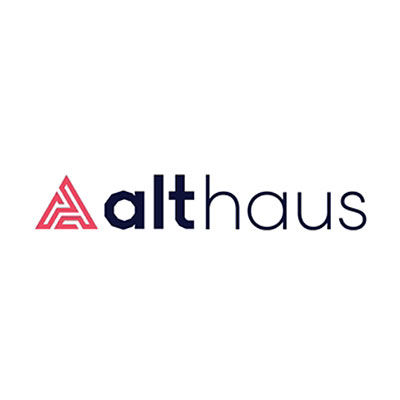


_logo_small_btnwipxt8jlkqbtk.jpg)

